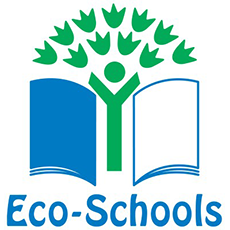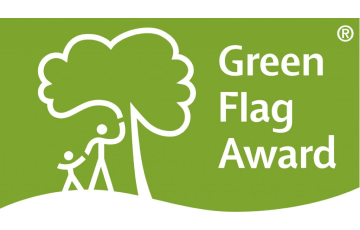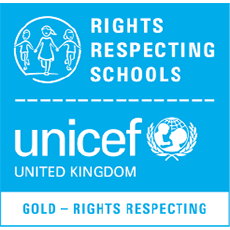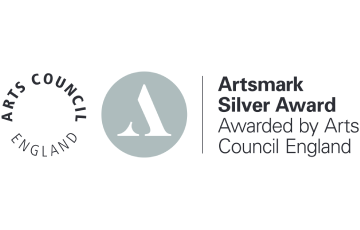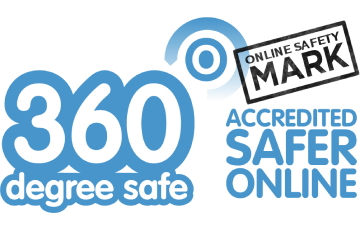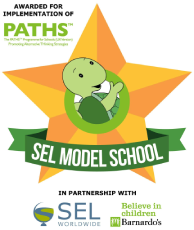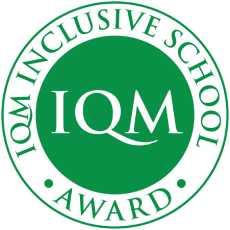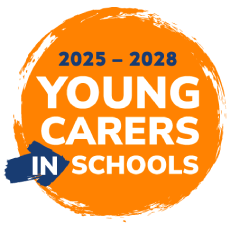Science
Hello, I am Mr Leather and I am the lead of Science at Lyme Community Primary School. This role allows me to be a part of everyone’s Science journey as they move through our school as well as giving me plenty of opportunity to see the progression from inquisitive reception children to Year 6 scientists!
Albert Einstein once said, ‘The important thing is to never stop questioning.’ This quote embodies our science curriculum as we encourage our children to be curious and inquisitive throughout their time at Lyme. We have developed a curriculum that inspires and enables children to gain knowledge as soon as they begin their journey at our school. It builds logically from there, challenging children by using the five lines of enquiry (observing over time, identifying and classifying, pattern seeking, research and fair testing) which ensures that all children have achieved a balanced and scientific skillset by the time their journey, with us, comes to an end.
Science is all around us. It is entwined in our daily lives; in everything we do, everything we see, everything we hear and everything we are!
A curriculum designed for Lyme Community Primary School
SCIENCE – CURRICULUM INTENT
Purpose of study
At Lyme Community Primary School, we endeavour to make science an enjoyable, stimulating and valuable experience. As children progress through our school, they are given opportunities to learn in a variety of ways. We provide plenty of opportunities to explore, problem solve and reason within lessons.
Science, at Lyme, is a fun and exciting subject which engages and challenges all pupils. It is taught every half term within lessons and often the subject of ‘stand-alone’ Science weeks were children can delve deeper into topics and explore further. Our lessons and activities link closely to the 5 lines of enquiry: observing over time – observe or measure how one variable changes; identifying and classifying – pick out features or tests that help them to distinguish between different things; pattern seeking – observing and recording phenomena, carrying out surveys and identifying relationships between data; research – using secondary resources to find evidence to answer questions; fair testing – identifying the effect of changing one variable whilst keeping the others the same. We use ASE (Association for Science Education) planning matrices which ensure coverage of key learning and key vocabulary, a depth of learning appropriate for each year group and suggestions for possible investigations and activities. In addition, we supplement our curriculum with other resources such as Outstanding Science, TIGTAG and Explorify as well as taking the children on trips to enhance their learning experience.
Science at Early Years falls predominantly under the 'Understanding the World' area of learning. In addition, aspects within Communication and Language are important to the teaching and learning of Science too. Our curriculum at Lyme recognises the early foundations of the way we begin to understand the world and builds on to develop critical thinking about concepts relating to ourselves and the world around us. We do this by encouraging our children to explore, observe, discuss and be curious about natural phenomena and to be excited by the process of understanding why things happen around them.
Science (in accordance with the new curriculum) will now be taught more explicitly in Early years – through non-fiction and fiction books in Nursery and through a focused input in Reception. There is also an emphasis on independence and self-initiated learning, which enables foundation stage children to freely explore resources and pursue their own creative interests and talents. To deepen learning, children are encouraged to talk about their choices and to evaluate and make changes accordingly. All children in EYFS will also participate in weekly seasonal Forest Schools sessions linked to the Understanding of the World curriculum.
In KS1, we continue and build on previous knowledge, introducing new concepts and new scientific vocabulary. The children are encouarged to be inquisitive and are taught important skills needed for scientific enquiry. We want to ensure children continue to be alert and aware of the science around them in their own lives and are able to explain how and why science is important. In KS2, we continue and build on the key scientific vocabulary. In LKS2 new scientific concepts and topics are introduced such as rocks, sound, light, forces and magnets. We attempt to consider the effectiveness of these concepts on everyday life and within the wider world. As the children reach UKS2, the emphasis on outcome and reasoning become much more significant. Children are encouraged to explain their thinking and give detailed predictions and evaluations. Some of the topics can become quite challenging such as Evolution which allows teachers to stretch and deepen learning as well as challenge previous ideas.
At Lyme, Science is often used in conjunction with other subjects drawing on disciplines such as design technology, engineering, mathematics, computing, writing, reading and art to develop more meaningful learning experiences.
Assessment and Curriculum Planning
Here at Lyme Community Primary School we believe children should be taught to evaluate their science work, using this as a platform from which to develop their knowledge and skill. In Early Years, children are assessed against the EYFS age related criteria within the strand of knowledge and understanding of the world.
At KS1 & 2 we use the National Curriculum charted through ASE objective statements to monitor pupil progress against the key stage expectations and record these on INSIGHT. Each class produces a pre and post assesment for each unit to monitor content taught. At the end of each of these units, children are assessed through bespoke assessments designed to give a true judgement on their understanding. Children's progress is constantly tracked throughout topics using retrieval pracitice activities at the beginnng of each lesson. By consistently reviewing children’s work, teachers can monitor which pupils are working towards their age-related expectations and who may be exceeding these goals. This information is then used to inform curriculum planning outlining how additional support or challenge can be provided to meet the needs of our pupils.
Enrichment opportunities
As part of a well-balanced curriculum, we strive to provide the children with as many positive learning experiences as we can. Our aim is for our children to enjoy and experience a variety of educational science-themed workshops and visits. Pupils have enjoyed visits from planetariums, scientists performing experiments linked to electricity, forces and light, farmers and visiting places like 'Imagine That', Chester Zoo and Knowsley Safari Park.
Our inspiring assemblies not only give visitors a chance to talk to pupils about science and their careers in science, but they also allow staff to show the children how passionate they are about science too.
We make good use of the outdoor facilities within and beyond our school community. The immediate school grounds enable us to observe how animals and plants change during different seasons and identify and classify different species of animal and plant. Beyond our grounds, we are fortunate enough to be surrounded by Lyme and Wood Country Park. We work closely with the rangers of the park allowing us access to some wonderful habitats and varied species. This great for activities such as pond dipping, scavenger hunts, classification keys and much more.
We provide the children with lots of opportunities to show off their scientific knowledge. We host science weeks, have science themed days, host science competitions and much more!
Children:
The following websites may inspire you:-
https://wowscience.co.uk/
https://www.topmarks.co.uk/Search.aspx?Subject=26
https://school-learningzone.co.uk/key_stage_two/ks2_science/ks2_science.html
https://www.bbc.co.uk/bitesize/articles/zyktfdm




